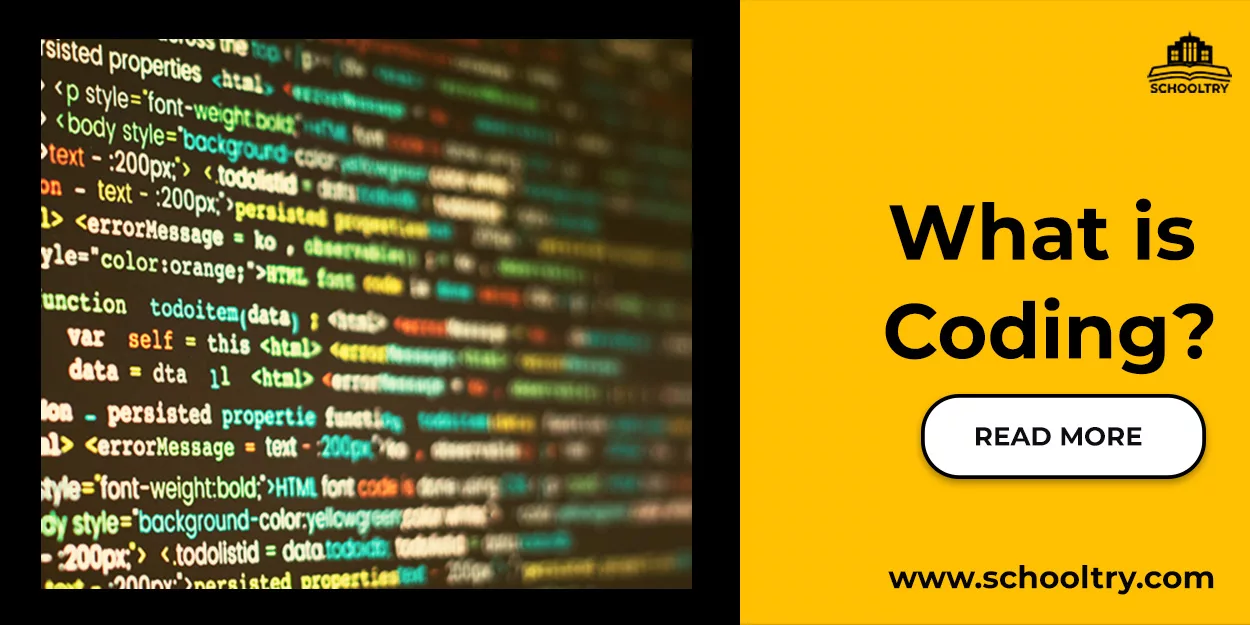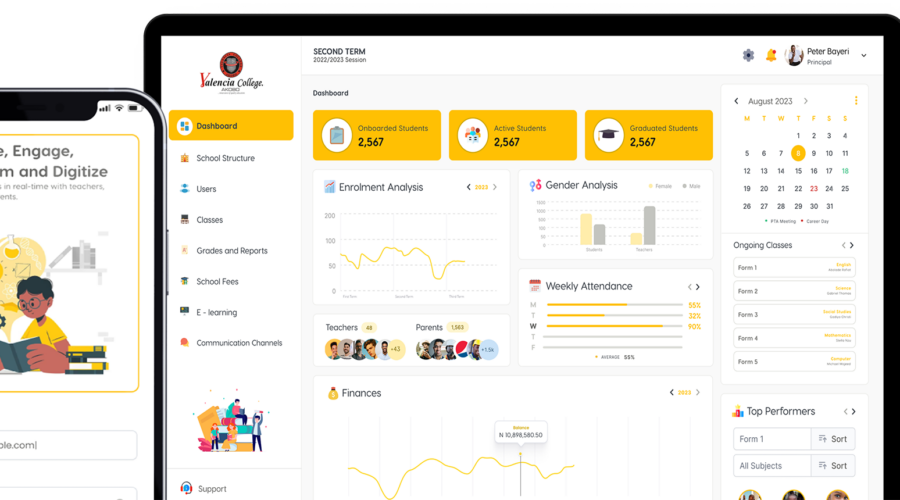What is coding?
In an era dominated by technology’s constant evolution, coding emerges as the foundational language propelling progress across various domains.
To start with,
Coding generates a set of instructions for computers to follow. These instructions dictate the actions a computer can and cannot take. Coding enables programmers to construct programs, such as websites and apps. Computer programmers can also instruct computers on how to process data in more efficient and faster ways.
At its core, coding, also known as programming, embodies the process of crafting instructions that computers execute to accomplish specific tasks. These instructions, developed in diverse programming languages, dictate the behavior and functionality of software, applications, and digital systems.
History of Coding
The story of coding begins in the 19th century with the works of Ada Lovelace. Ada, born on December 10, 1815, was an English mathematician and writer. She is also commonly referred to as the world’s first computer programmer. However, her works were inspired by Charles Babbage’s invention, The Analytical Engine. Ada first encountered Charles Babbage at the age of 17, when he had just invented the analytical engine. However, significant strides in the world of programming were made when she encountered an article on analytical computers by the Italian mathematician Luigi Menabrea. Ada delved deeper into his work and published her own paper in 1843. She indicated that when the machine is fed a sequence of operations, with the help of signs and numbers, it could competently solve various mathematical problems. This can be recognized as the foundation of programming.
What does Coding Entail?
1 .Algorithm:
Fundamental to coding are algorithms, which serve as systematic procedures or formulas for problem-solving. Algorithms act as the foundational building blocks of coding, guiding developers in devising efficient solutions to a myriad of computational challenges. Whether it involves data sorting, information retrieval, or intricate calculations, algorithms underpin the logic of coding, empowering developers to achieve precise and accurate outcomes.
2 .Programming Paradigms:
Coding encompasses the mastery and utilization of various programming paradigms, including procedural, object-oriented, and functional programming. Each paradigm presents distinct methodologies for organizing and structuring code, equipping developers with versatile tools to tackle diverse programming tasks. Proficiency in these paradigms grants coders the flexibility to design sophisticated and scalable solutions tailored to the evolving demands of the digital landscape.
3 .Programming Languages:
Coding requires proficiency in programming languages, serving as vehicles for expressing computational logic and instructions. From ubiquitous languages like Python, Java, and JavaScript to specialized ones like R, Swift, and Go, each programming language boasts unique syntax, semantics, and features tailored to specific domains and use cases. Mastery of programming languages empowers developers to craft efficient, readable, and maintainable code, fostering collaboration and innovation in software development endeavors.
Conclusion
Coding entails mastery of algorithms, programming paradigms, and languages, alongside ancillary tasks like debugging, testing, and documentation. However, beyond its technical facets, coding embodies a creative and problem-solving endeavor, demanding critical thinking, creativity, and adaptability.
Are you a school owner or administrator in need of a web solution like SchoolTry to automate, digitize, or transform your school works? Click on this link to register for free and see how it works.




